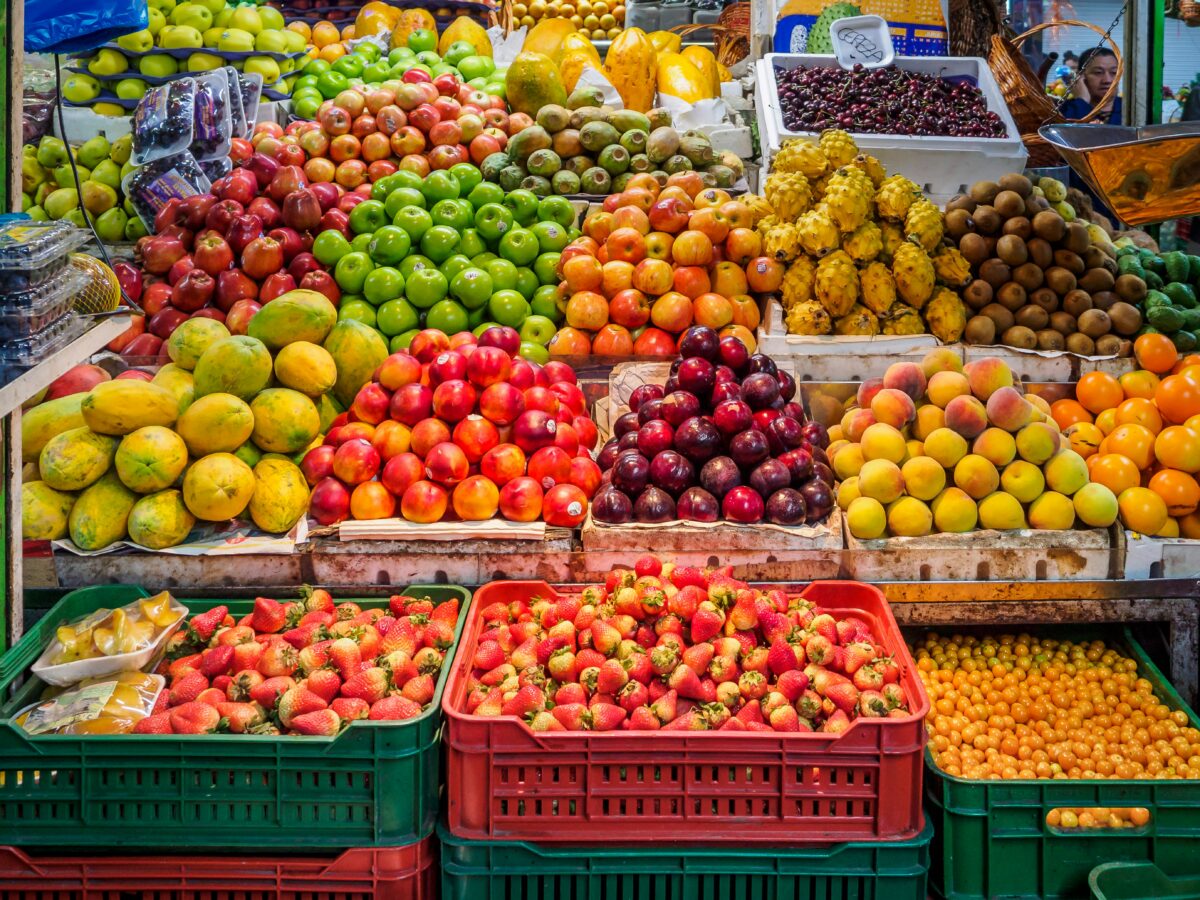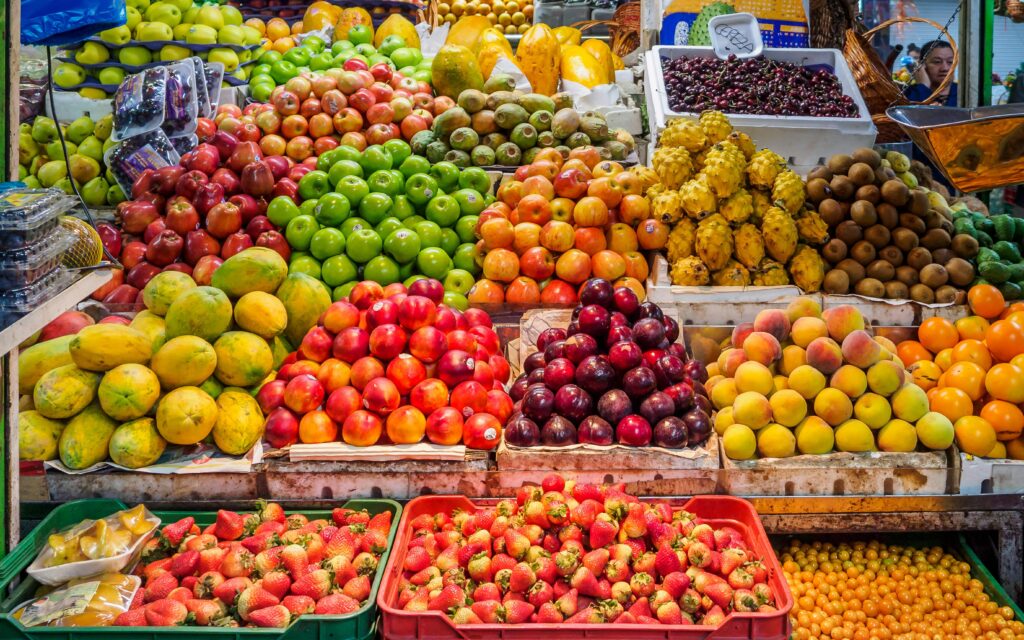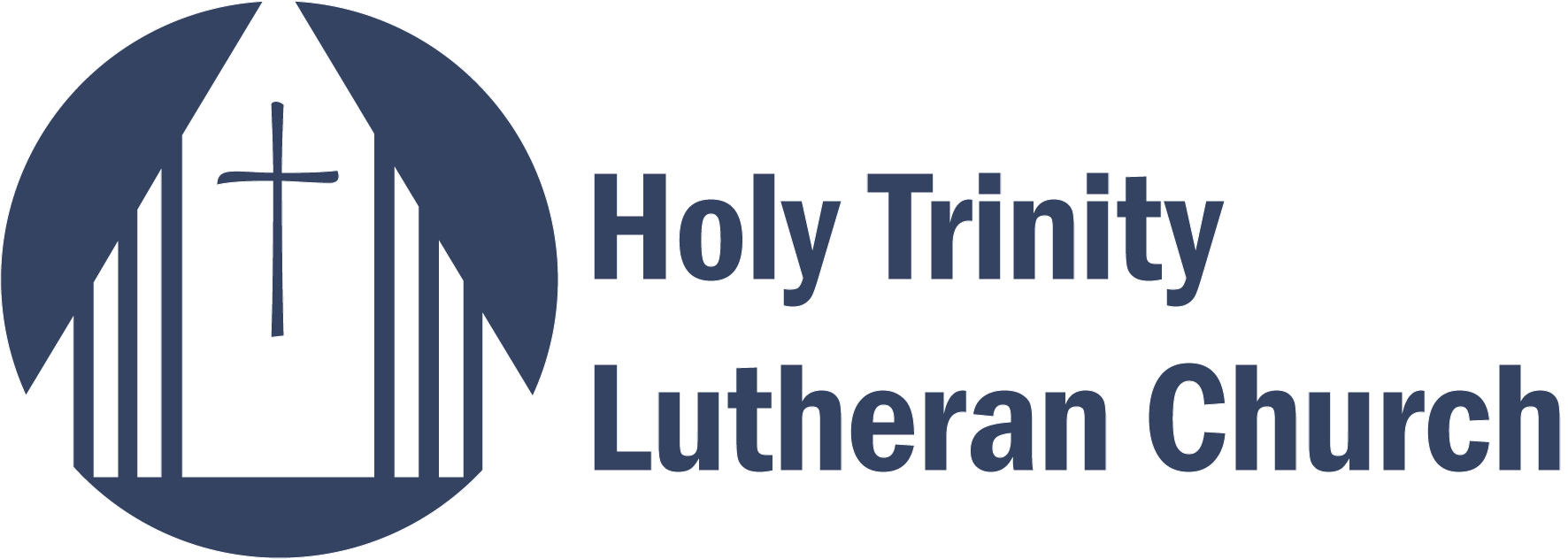There is enough


We have been lied to. We have been lied to for a long time—for our whole lives, really—and this lie has been active since before we were born. This lie has taken several shapes, it has been fit into several stories, and it has been told so many times for so long that so many of us don’t even realize it’s false. And the lie is this: There is not enough. We have heard this story so many times that we don’t even realize it’s a story; we think it’s a fact, an obvious fact, indisputable, true of everything. We know this, we tell ourselves, everybody knows this.
Sometimes this story is told about money and material goods: “There isn’t enough to go around so we need to grab and take and hold as much as we can, and some people will just have less and some people will have more, and hey, if they struggle and suffer enough maybe they’ll be motivated to grab and take and hold like us.”
Sometimes its told about our status: “The more people we look better than, feel better than, we are better than, and that’s why I need all the things that tell people how important I am.”
Sometimes this story is told about jobs and land and space: “There isn’t enough, so build a wall, keep them out, limit the housing that we build, Not In My Back Yard!
We’ve told this story so many times, it’s even written into our understanding of life: “There’s not enough so it’s “survival of the fittest. We’re supposed to compete with one another, we’re supposed to see each as rivals, it’s natural and even good, and if you have less you must deserve less, you must be less.”
And sometimes we’ve even told this lie about God, about the gifts of grace and mercy and salvation: “There’s only so much to go around, so God must love us, show grace and mercy to us, and leave them over there on the outside. We are the ones who are saved and who are loved and they… well, maybe they should be more like us.”
These words from Jesus in John’s Gospel today come on the heels of the story of Jesus opening the eyes of a blind man, “a man blind from birth” the story says. In Acts, too, Peter is speaking after his own miraculous act: he has made a “lame man” walk. In Acts, we also hear that the man was “lame from birth,” that is, he was “made” that way. In fact, when Jesus first finds him, his disciples ask, “Who sinned, Rabbi, this man or his parents, that he was born blind?” It wasn’t an accident that the man was born blind, somebody sinned. It wasn’t an accident that the man was lamed, he was made that way. In other words, both stories begin with the assumption that they deserved what they had—and so then do the rest of us, they think, we who can see and walk and run.
“Nobody sinned to make him born blind,” Jesus tells them. “He was born blind to reveal the glory of God. He was born blind to be made able to see.” And that’s what Jesus does, he opens his eye and then man can see for the first time in his life. And when others hear about it, they come to interrogate him. “Who opened your eyes? Who did this? How did he do it? Tell us. You’re a sinner after all.” And as the man explains to them—“Jesus did it. He put some mud on my eyes and told me to go and wash and I did and I could see”—as the man explains it to them, they become angrier and angrier to the point that they even cast the man out. When Jesus hears of this, he tells those others: “You are the ones who are blind. You think this man deserved to be beneath you, to be less than you, to be excluded. You called him a sinner, but casting him out, ranking yourselves above him and patting yourselves on the back for being better… that’s the sin! Open your eyes to this!”
And then Jesus begins to speak, to them, to those gathered nearby, to the man himself, to us. “I am the good shepherd. There are others shepherds. They’ll tell you to grab and hold and take. They’ll tell you to put everybody in a ranked order—“There’s not enough for everybody,” they’ll say, “some people just deserve less after all, but not us, not us, we deserve more.” There are those shepherds who will take and tell you to take. I am the good shepherd. I give. I give everything, even my own life, because I know the truth: there is enough. Nobody deserves to have less, nobody deserves to be less; that’s a lie we’ve learned from other shepherds. There is enough because God says there is enough, because God made the world with enough. And I have come to show you that. I am the good shepherd and I have come that you might have life and have it abundantly. Now, watch this…”
And Jesus shows us that there is enough. He shows us by treating everybody he meets as beloved children of God. He shows us celebrating generosity, of money and good, but also of a generosity of forgiveness, of mercy, of love. He even shows us that there is enough life, that we don’t even need get and grab and hold on to that: “I am the good shepherd, there is enough,” he tells us as he walks out of the empty tomb and stands among us.
“I have no silver or gold,” Peter tells the man lying on the ground outside of the temple, “but what I have I give you; in the name of Jesus Christ of Nazareth, stand up and walk.”
This is what we have seen. In our baptismal waters, we receive everything God has to offer. We put on Christ, Paul says, clothing ourselves with God’s mercy and forgiveness. “Whatever you have done, whatever you will do, whatever had been done to you, in these waters I name you beloved.”
And from these waters we go out into the world, secure that there is nothing, nothing in heaven or on earth, that can separate us from this love of God. Clothed in God’s abiding and unending love, we go to live this love instead of that lie. When we are told that we have gain and grab and hold, that to give is foolishness, we can say: “Enough—there is enough,” and open hands to others. When we are told that there is a ranking, that some people are more important than others, matter more than others, and that we need to climb that ladder of status, we can say: “Enough—there is enough,” and look on all our siblings as fellow children of God. And when we are told that God’s love and grace and mercy are for some but not others, are for those who are like us, who look like us, pray like us, love like us, we can say “Enough—there is enough,” because God as loved each and every one of us into life, has made each and every one of us in the God’s divine image, has blessed all of Creation with the abundance of divine love.
“I am the good shepherd,” speaks the word of Christ, and we are the sheep who have been loved into new life, loved into life abundant. And that is more than enough. Amen.
Photo by Alexander Schimmeck via Unsplash.

